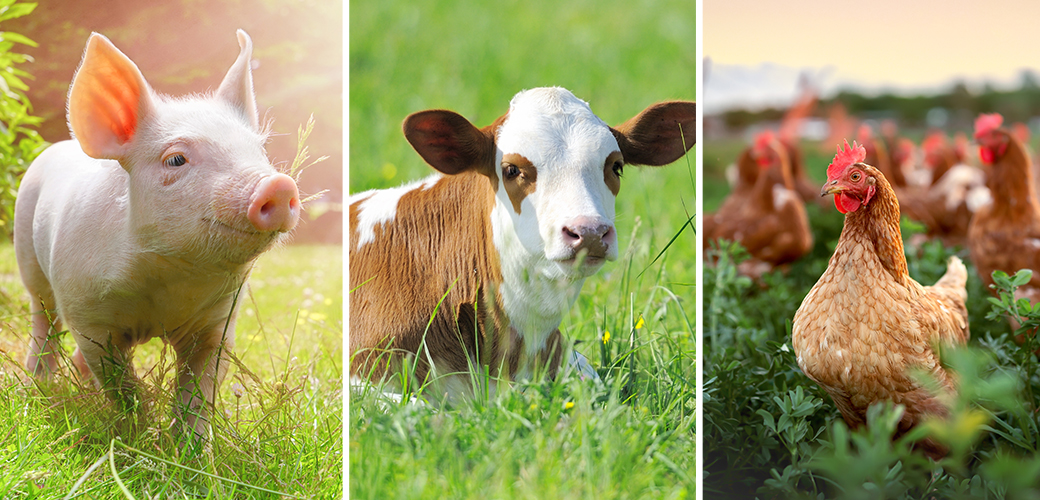In today’s increasingly globalized world The importance of farming biosecurity is not overstated. Biosecurity is a crucial aspect of protecting agricultural enterprises regardless of whether it’s the largest scale farms or smaller farms run by family members. “Biosecurity” is a broad term that refers to “biosecurity” encompasses a range of procedures and methods that are designed to stop the spread and spread of disease on farms. The article below will explore the importance of biosecurity on farms as well as its main components and the reasons why all farmers should take it as a priority.
Farm biosecurity is the extensive set of precautions employed by farmers to prevent the spread and introduction of disease that may negatively impact the livestock and crops as well as the entire agricultural sector in general. The diseases include bugs, viruses, fungi and insects that could destroy agricultural yields and jeopardize the sustainability of farms. The implementation of effective biosecurity strategies is crucial not only for the wellbeing and health of livestock, but also to ensure the long-term sustainability of the farming and agricultural sector.
Biosecurity in the farming sector is made up of many components which play an important function in maintaining a safe and hygienic space. This includes strict protocols to quarantine the introduction of new animals or plants as well as proper hygiene procedures as well as regular health checks and controlled access to farm’s facilities. These measures make sure that any new livestock or crops don’t carry diseases which could threaten the current livestock or crop production. Proper hygiene like cleansing and disinfection is essential for preventing spreading pathogens. Regular health check-ups enable the prompt detection and treatment for ailments, while controlling accessibility limits entry to possible pathogens.

Biosecurity on farms is more than an option, but rather a requirement in modern farming. Infections are able to spread quickly in a farm, and over regions, leading to substantial financial loss and risks to the safety of food. In the case of an outbreak, for instance, the spread of a disease that is contagious to livestock may result in the slaughter of entire herds and lead to a significant setback in the economics of farmers. Additionally, public health could be in danger when agricultural products that are contaminated are consumed by the consumer. The concept of biosecurity therefore is not just about safeguarding farm earnings, but also about making sure the security of food supply chain. For more information please visit here https://sunzencorp.com/
When it comes to livestock farming, biosecurity precautions are essential. Farmers must implement strict protocols in order to stop the introduction of disease through animals. This means isolating and evaluating the new animals, ensuring the strict control of visitors, as well as constantly disinfecting the facilities and equipment. Furthermore, ensuring proper animal handling by providing appropriate nutritional and vaccination requirements will help strengthen the immunity of animals, making their immune systems more resistant to disease.
The cultivation of crops also requires strict biosecurity practices to protect against pests, diseases and contamination. Farmers must use non-infectious seeds, adopt methods of rotation for their crops and frequently inspect their crop plants for indications of illness. The use of pest management techniques including using safe pesticides and traps for insects, should be utilized to stop pest infestations. A proper cleaning of the equipment and tools will aid in reducing the possibility spread of pathogens across fields.



